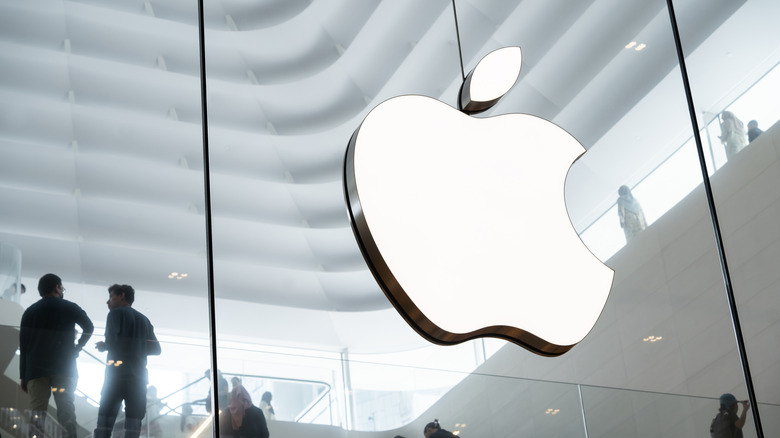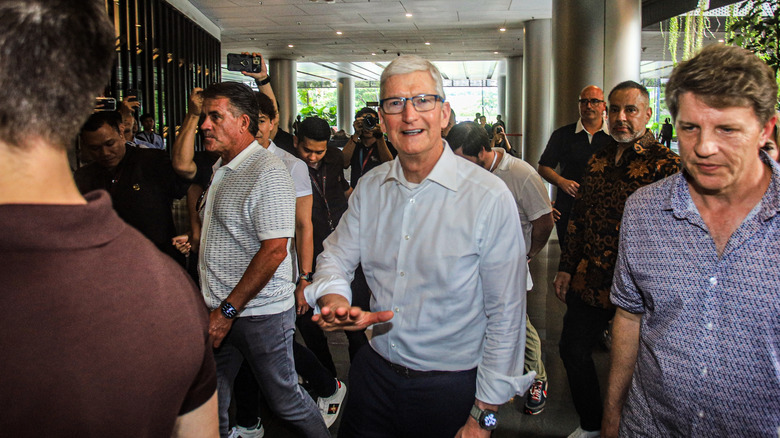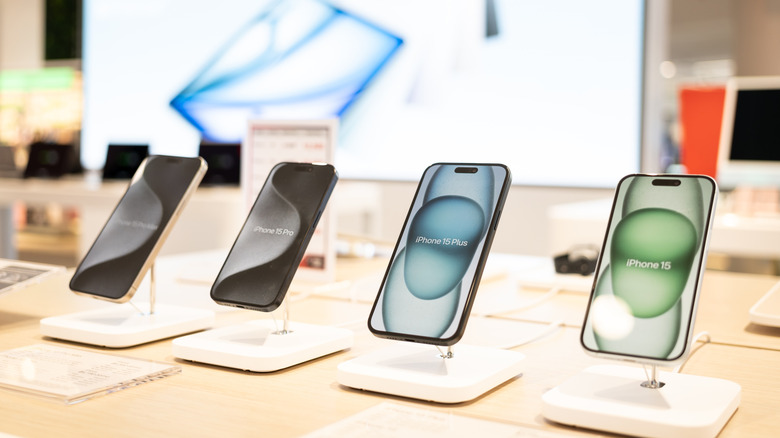Trump And Apple To Announce Additional $100 Billion Investment In U.S. Production
As part of President Donald Trump's ongoing efforts to bring manufacturing jobs back to the U.S., Bloomberg reports that Trump today will announce Apple's plan to invest an additional $100 billion for domestic production. Note that this is in addition to the $500 billion investment Apple announced earlier this year. With $600 billion now earmarked for investment, Apple anticipates that its new initiatives will help create tens of thousands of new jobs.
When Apple announced its $500 billion investment back in February, it said that some of the money would be used to create an academy to help train manufacturers and technicians in the Apple design process. Indeed, one of the reasons why it's challenging for Apple to simply mirror the factories it uses in Asia stems from a lack of workers with the requisite skills to run and operate those factories.
iPhone manufacturing won't be coming to the United States
Trump in recent months has been adamant that Apple manufacture the iPhone in the U.S. Trump at one point even threatened Apple with increased tariffs should it fail to comply. "I have long ago informed Tim Cook of Apple that I expect their iPhones that will be sold in the United States of America will be manufactured and built in the United States, not India, or anyplace else," Trump said in a social media post this past May. "If that is not the case, a tariff of at least 25% must be paid by Apple to the US."
Manufacturing Macs or other Apple products in the U.S. is one thing, but the iPhone is a far more complex device with more specialized production processes. The idea that Apple could simply start manufacturing iPhones in the U.S., even with its massive hoard of cash, ignores the realities of what goes into manufacturing the iPhone at scale. As a prime example, there are specialized factories in China that employ hundreds of thousands of workers capable of churning out millions of iPhones every month. The production process further involves dozens of supply chain partners spread across Asia.
A 2019 New York Times article on iPhone production sheds some more light on why Apple's supply chain can't be replicated in the US: "The entire supply chain is in China now. You need a thousand rubber gaskets? That's the factory next door. You need a million screws? That factory is a block away. You need that screw made a little bit different? It will take three hours."
On top of it all, and as mentioned above, there's also a lack of skilled labor capable of operating these factories at the scale Apple needs. Tim Cook touched on this during an interview a few years ago. "China put an enormous focus on manufacturing," Cook said on "60 Minutes" back in 2019. "The US, over time, began to stop having as many vocational kind of skills. I mean, you can take every tool and die maker in the United States and probably put them in a room that we're currently sitting in. In China, you would have to have multiple football fields."
Apple's manufacturing efforts outside of China have had some issues
It's also worth mentioning that Apple's efforts to diversify its supply chain have yielded mixed results. Take the iPhone, for example. Approximately 10-15% of iPhones today are manufactured in India. The manufacturing process, however, isn't as seamless as it is in China, with yields on certain components causing some issues. Additionally, China earlier this year started recalling several hundred Foxconn engineers and technicians who were assisting India in its manufacturing efforts.
To the point above, a recent book titled "Apple in China" claims that India's iPhone production is "10x slower" than it is in China. The iPhone aside, you might also recall that Apple even had trouble manufacturing its now-defunct trash-can Mac Pro in the U.S. a few years ago.
"Tests of new versions of the computer were hamstrung because a 20-employee machine shop that Apple's manufacturing contractor was relying on could produce at most 1,000 screws a day," the New York Times reported a few years ago. "The screw shortage was one of several problems that postponed sales of the computer for months, the people who worked on the project said. By the time the computer was ready for mass production, Apple had ordered screws from China."
All told, it's encouraging to see Apple make significant investments in domestic production, but the crown jewel that is the iPhone won't be part of it in a meaningful way. Also keep in mind that it would take at least 5 years to manufacture an iPhone factory that would match what Foxconn has in China, which is to say there's no incentive for Apple to start building factories that wouldn't even become operational until Trump is well out of office.


